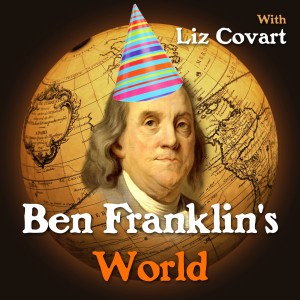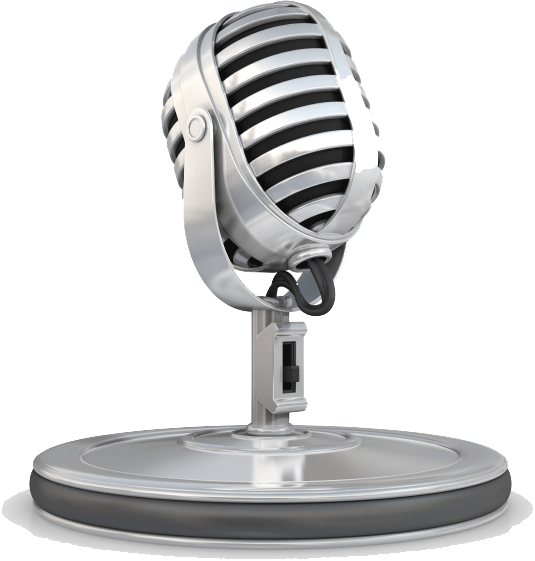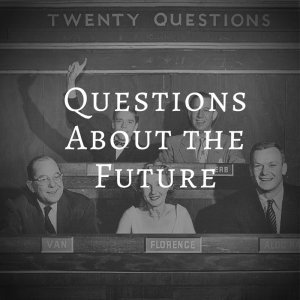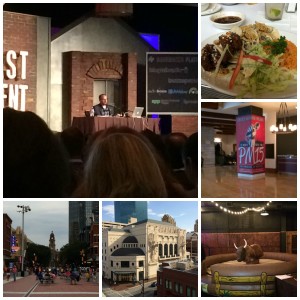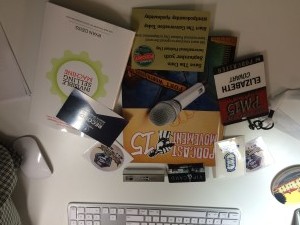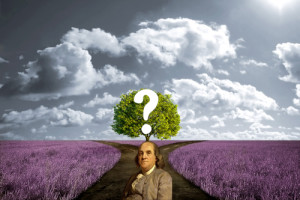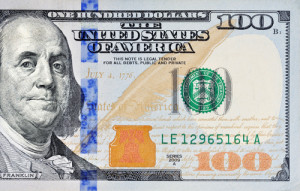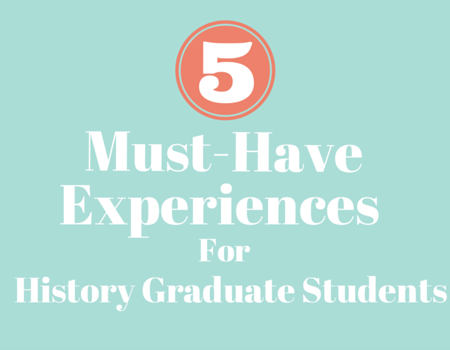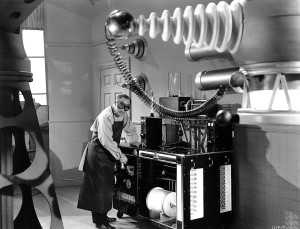 For the last year or so, my brain has been formulating ideas for a digital history communications lab.
This post represents my first attempt to articulate and sketch out what my brain envisions.
For the last year or so, my brain has been formulating ideas for a digital history communications lab.
This post represents my first attempt to articulate and sketch out what my brain envisions.
Note on terminology: I use “scholarly history” as a stand in for well-researched historical projects. These projects include traditional articles and monographs as well as museum exhibits or other new media projects.
Digital History Communications Lab Services Two Needs
1. Convenient Public Access to Scholarly History
People love history and if granted convenient access to historians and their work they will become advocates for history and its study.
Presently, a divide exists between historians and non-historians. People who love history want to consume high-quality historical scholarship, but they settle for "history-lite” books and programs because that is what they can conveniently access.
The Digital History Communications Lab will produce high-quality digital platforms that make scholarly history conveniently available to non-historians. Additionally, the lab will create programs that foster a sense of community and interaction between those who consume this content and the historians who contributed to its production.
2. Resource Center for Historians Who Want to Learn and Perfect Digital Communication
 The Digital History Communications Lab will serve as an information hub for historians who want to learn how to communicate their work via digital means.
The Digital History Communications Lab will serve as an information hub for historians who want to learn how to communicate their work via digital means.
The Lab will curate content about social and new media and offer suggestions for how historians might adapt these platforms and tools to communicate their work. It will also offer how-to tutorials for digital platforms, social networks, and tools such as WordPress, Twitter, Facebook, etc. Tutorials will provide both basic and advanced instruction in an effort to serve the skill levels of all historians. Private consulting will be an option.
Some universities offer digital education resources for faculty and staff, but sometimes faculty and staff members feel uncomfortable seeking help because it means they have to admit their digital illiteracy in a public way. The resources of the digital history communications lab will use the anonymous feeling of the internet to allow those who want to learn, but feel embarrassed about seeking in-person help, to access the help they need on the web. The Lab's tutorials and resources will be available to all historians, regardless of affiliation.
Additionally, the Digital History Communications Lab will support experimentation with new forms of scholarly communications. It will not only offer assistance in producing audio and visual podcasts, multimedia blogs, exhibits, and apps, but it will also offer a space where scholars can produce their projects. Think a digital communications makers' space.
Digital History Communications Lab Public Outreach Network
Ben Franklin’s World represents just one of my ideas for how scholars can communicate scholarly history to a wide audience. I have ideas for more podcasts, audio and visual, as well as how historians can use the new emerging technologies of virtual and augmented realities.
The Digital History Communications Lab will serve as a leader in digital history communications. It will present the best-of-the-best projects. Its content will set a high standard that will help the public understand that scholarly history is accessible and easy to consume.
The Lab's in-house projects will be part of a network that cross-promotes its other projects and projects that meet its high, quality standards; word-of-mouth recommendation serves as the best way to attract new audience members. Production quality matters, although the Digital History Communications Lab will offer space to historians who wish to create a project, not all projects produced in its space will become a member of its network.
Conclusion
My thoughts about the Digital History Communications Lab are still preliminary, but they are maturing. If you have feedback, I would love to read it.
What excites me most about this concept is that it helps serve both society and the profession. It allows historians to produce and convey historical scholarship and enables non-historians to grapple with history and historical thinking in new and different ways-- ways that have become more natural for them than books.
I have thought about how I will fund this venture. It involves several different revenue streams.

